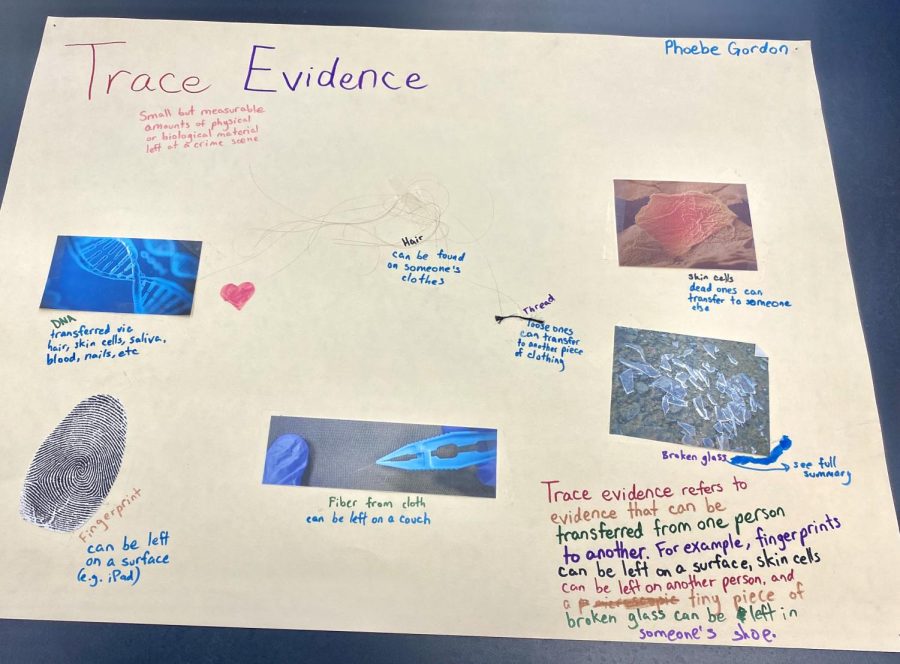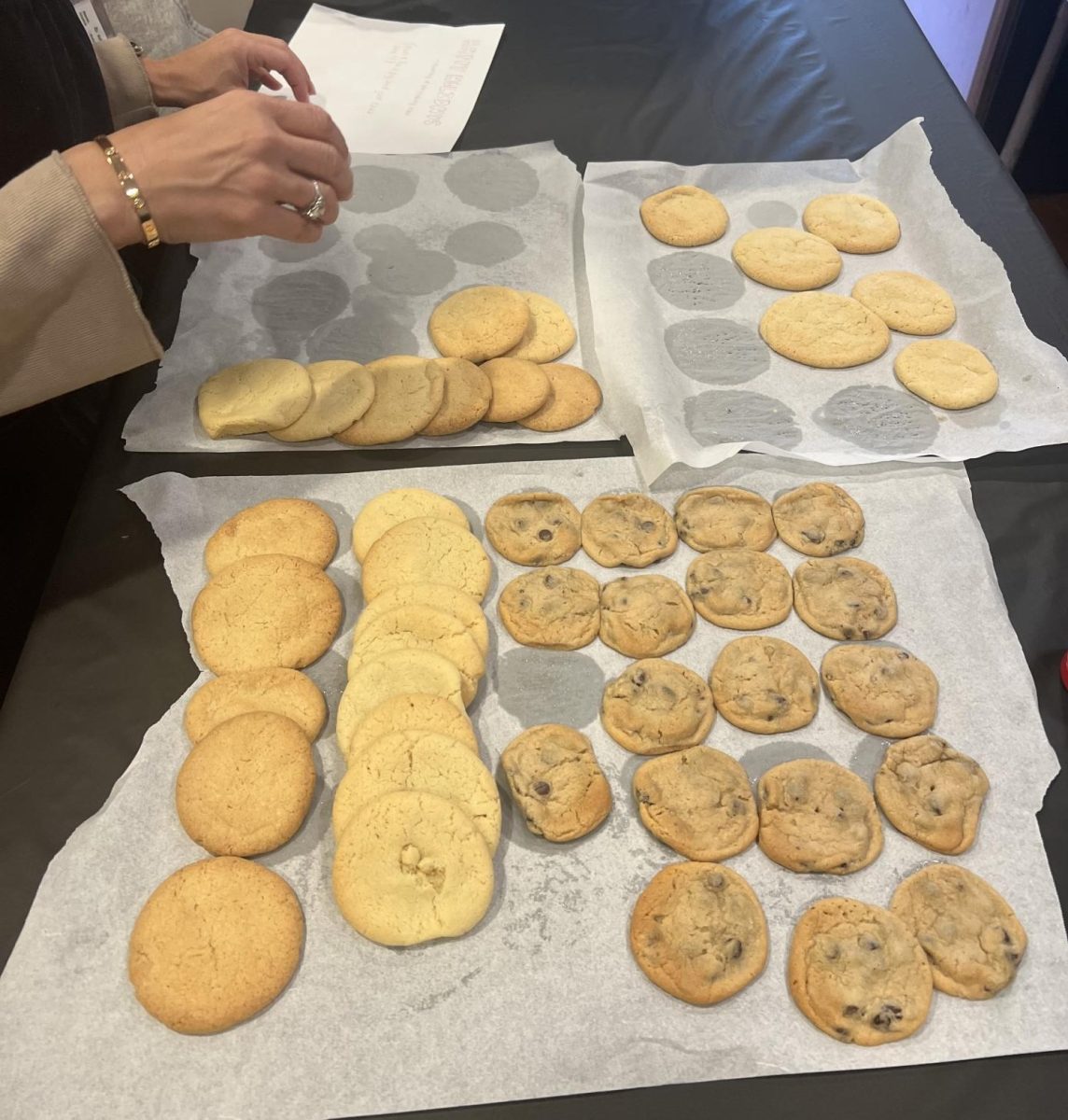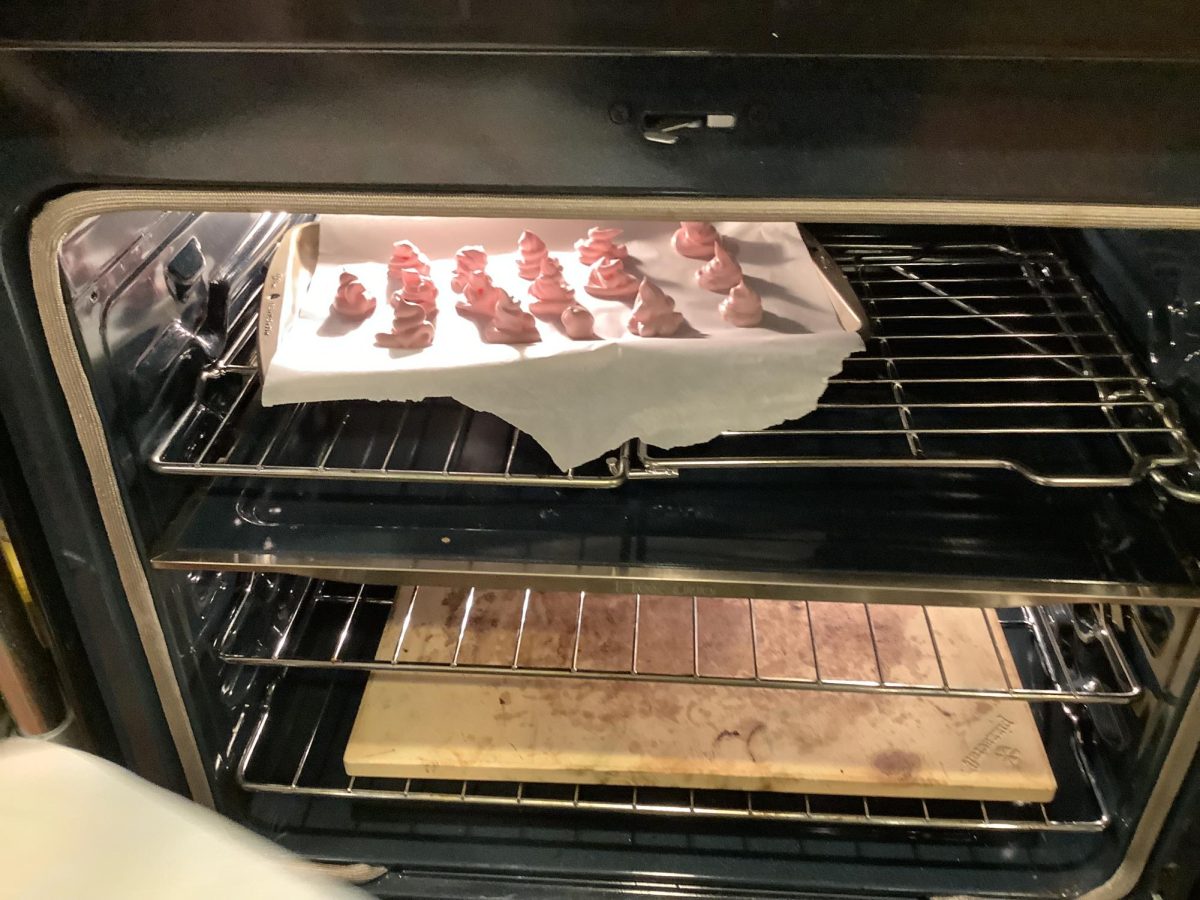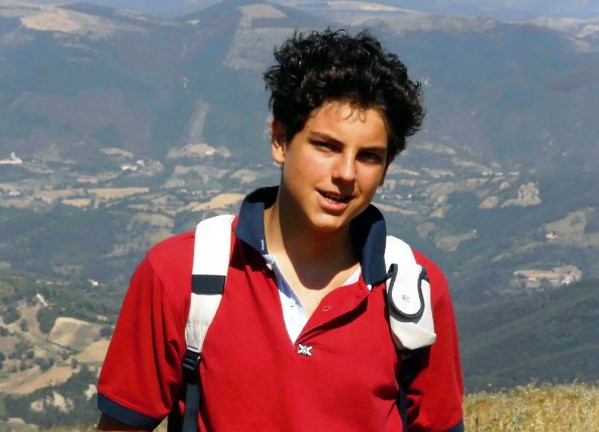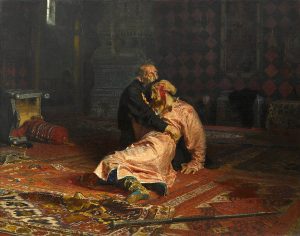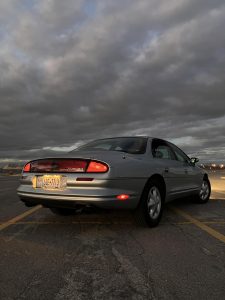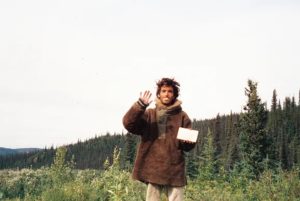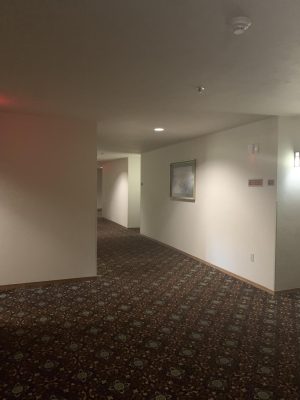Class Spotlight: Forensics
March 4, 2022
A As always, Village School has so many unique and interesting classes to offer. This semester, the science elective, Forensics is one of them! The class is taught by Megan Wilvert, who I recently spoke with.
Have you taught this class before?
This is the second year I am teaching a Forensic Science class, but it has been several years since I last taught this elective class, so it does sort of feel like the first time!
What is your goal for students in this class?
I want students to have an appreciation for the investigative techniques used to eliminate or determine people as suspects. However, I also want students to understand that many forensic science techniques are not based on peer-reviewed scientific study, but rather from the police. As a result, some people have been wrongfully convicted for crimes they did not commit. The Innocence Project and the work of the lawyers there, has been pivotal in correcting some of these mistakes.
What are some of the most surprising facts that come up in this class?
I was surprised to learn that 75% of wrongful conviction cases are the result of inaccurate witness testimony. Memory is fallible, and does not record details in the same way a video does.
What kinds of famous criminal cases do you learn about in this class?
When learning about crime scene investigation and securing the crime scene, we always discuss the JonBenét Ramsey case. Toward the end of the semester, students will research and present about a specific serial killer such as Jeffrey Dahmer, Aileen Wuornos, and John Wayne Gacy to name a few.
What is the most interesting aspect of your class?
This is a bit subjective, but I find the mystery of a crime interesting. It is something to be able to see the physical evidence left behind, and use that information to determine what individual committed the crime.
What made you want to teach forensic science?
I think a lot of students have an interest in the topic as a result of the many crime scene investigation TV series that exist today. It is also a class that can bring in laboratory activities, as well as current events.
What kinds of careers need background knowledge of forensic science?
A police officer would certainly need background knowledge of forensic science, but others would benefit from having this knowledge as well. Even if their career is not tied to forensic science, many people will likely serve as a juror in their lifetime and I think it is important they be able to recognize and understand basic forensic techniques.

